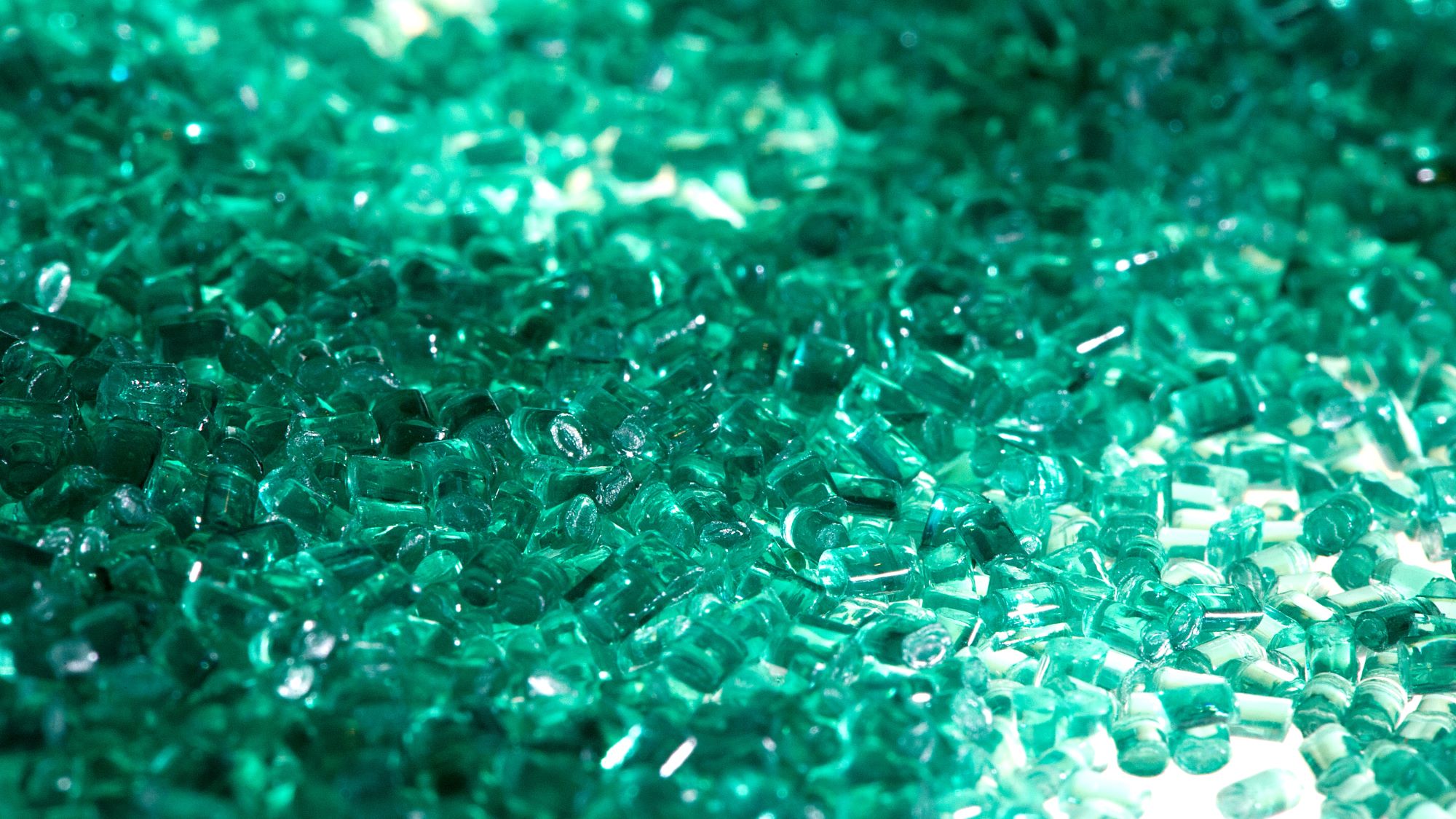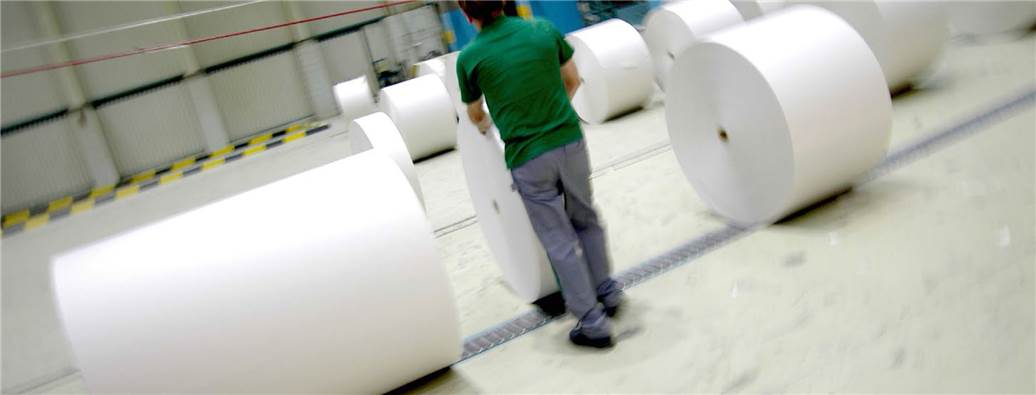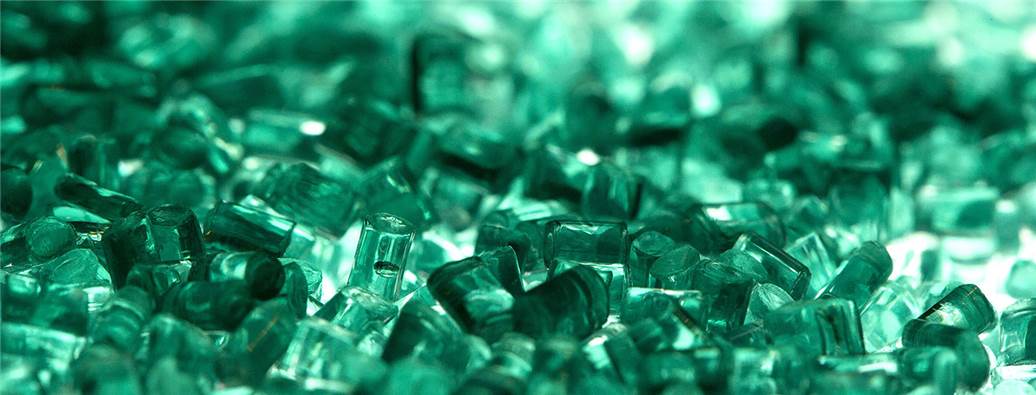Your challenges
Cities across Asia are experiencing rapid economic growth, but such prosperity does not come without a price. As our quality of life improves and consumption patterns evolve, the amount of waste generated also dramatically increases. Currently, more than one million tonnes of solid waste are generated in Asia every day, but waste management has failed to keep pace with consumption. As a result, large amounts of plastic waste have found their way into the ocean, to the detriment of ecosystem integrity. Landfills are also filling up faster than expected, reflecting the compelling need for waste reduction, integrated waste treatment and recycling.
600
million tonnes
of plastic waste in the ocean by 2040
50
%
of plastic discarded after only one use
9
%
of plastic waste recycled each year
Our solutions
Discarded plastic waste still holds economic value. Waste recycling helps conserve natural resources, curb greenhouse gas emissions and reduce the amount of waste in storage.
Transforming waste recycling into smart collection
We provide innovative and smart collection systems, customer management platforms and big data analytics to help customers better engage with the public, conduct source tracking and analyse user habits and behaviours. This helps promote the transformation and upgrading of traditional recycling methods pragmatically.
Converting solid waste into high-quality secondary raw materials
SUEZ’s extensive expertise in recycling can meet the challenges of different environments. Through our sorting and recycling platforms, we can treat and recycle a wide range of hazardous and non-hazardous waste – including plastic waste, used resources, construction and renovation waste and industrial waste, etc. We offer expertise in downstream channels and recycled waste distribution networks along with our customised and cost-efficient solutions to local governments.
Converting waste into renewable energy locally
Through our waste-to-energy facilities, we provide energy to local governments and industries, creating a local recycling circulation system.
Contributing to the Sustainable Development Goals
The United Nations 2030 Agenda for Sustainable Development sets out 17 Sustainable Development Goals (SDGs). Some Asian countries have begun to integrate the UN SDGs into national development planning, policies and regulations, as well as strengthening enforcement and governance efforts to promote sustainable development.
For example, Thailand has developed the 2018 – 2030 Roadmap on Plastic Waste Management with the goal of reducing its marine plastic waste by at least 50% by 2027. China has also pledged to resolutely fight the “tough battle against pollution”. SUEZ can help governments meet the SDGs through the company’s advanced technologies and expertise.
More than37
%
expected growth of global energy demand by 2040
€30
billion
global waste-to-energy market value by 2029




